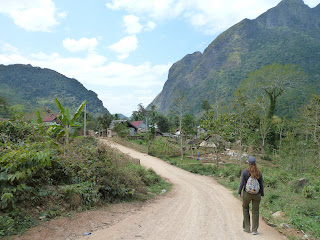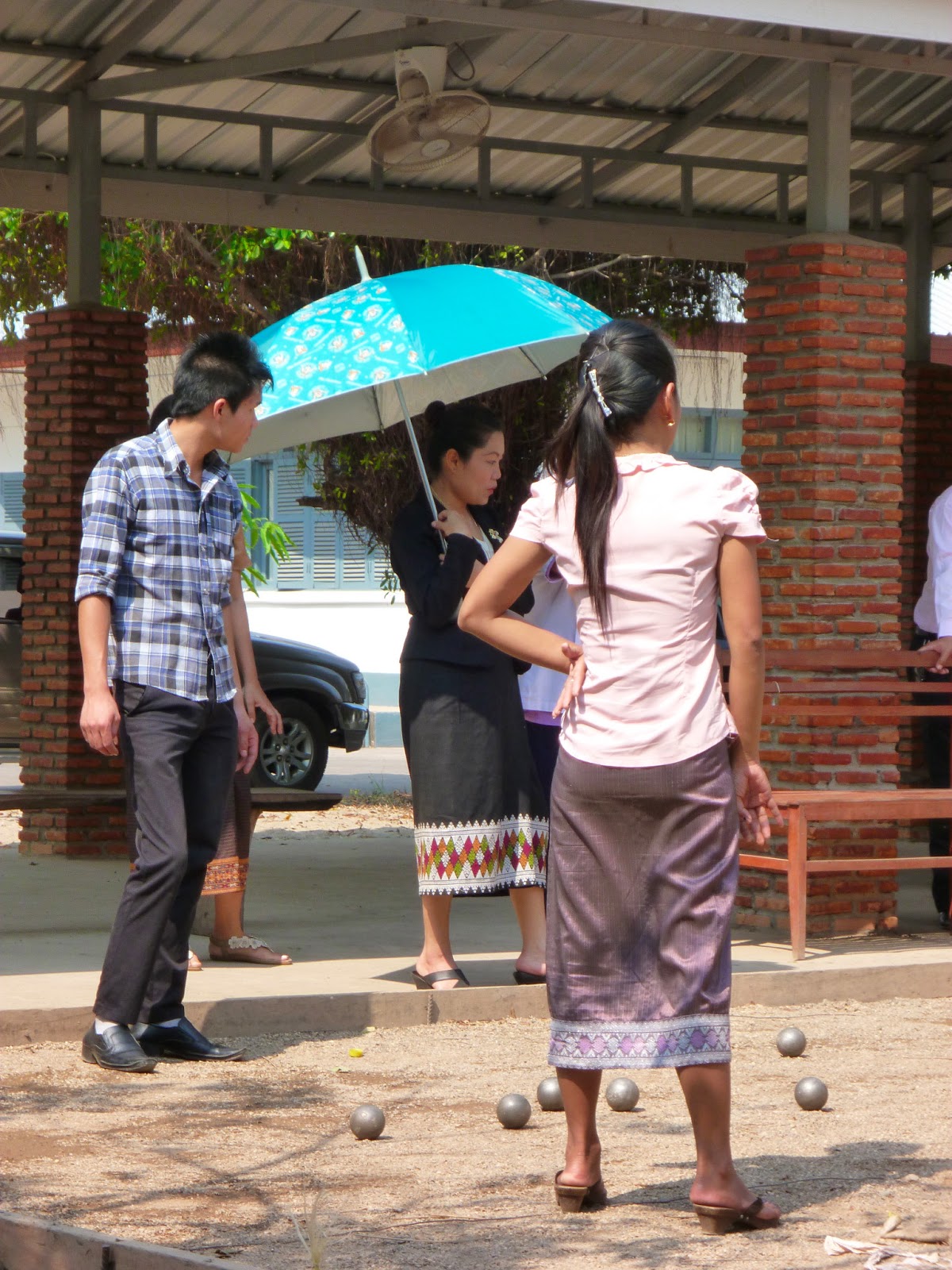First time south of the equator! We met up with friends Andrea and Ray in Ubud, Bali. The highlight was the Balinese Hindu holiday of Nyepi. A few days prior to the holiday, sacred objects from temples across the island are paraded to the sea for ritual cleansing. On the eve of the holiday, school groups and social organizations from every community carry their fantastically conceived and crafted "ogoh-ogoh" to the village or town center, accompanied by the trance-like percussive sounds of gamelon orchestras. Representing malevolent or evil spirits, they are judged for artistic merit and ultimately sold or ritually burned.
Nyepi itself is traditionally a day of fasting and silence, so as to go unnoticed by those same demons passing overhead. The airport is closed and no one but emergency vehicles is allowed on the streets, enforced with strict fines or jail time. We holed up in our friends' luxuriant rental villa, doing yoga, swimming and cooking -- the better part of the day in silence, and entirely without any electronics or electric lights. I can't begin to relate how soothing it was to not hear a vehicle motor, or blast of pop music, or raised voice, or construction noise. Environments without man-made noise pollution are critically endangered on our planet (for more on this subject: www.soundtracker.com), so it was a true blessing to experience a lush, natural acoustic ecosystem and have ample time for reflection.
The day following Nyepi on the Balinese religious calendar is celebrated as the New Year, a time to feast with family and -- I like this best -- ask your kin and loved ones for their forgiveness. What could be more important, or more difficult, than this small ritual? Given my remoteness from family and friends, I will take the easy way out... To everyone out there whom I may have irritated, hurt or offended in the past year (or ever), I humbly ask your forgiveness. Thank you.
Everyone in our small Nyepi party felt renewed by this experience and vowed to observe the holiday next year, wherever we may be.
After Nyepi, we all traveled to the island of Lombok, 2 hours by speed boat across the "Wallace Line" (see Wikipedia for this interesting naturalist's theory). This was a time to ride scooters along the picturesque coast, have drinks, swim in the mellow sea and marvel at the intense thunderheads and storms of the late rainy season.
After Andrea and Ray departed for adventures in Cambodia, we took another boat on the short trip to Gili Air, one of three small, flat and palm-covered islets with no vehicles, and not much to do besides snorkel, dive, and lay about in a hammock. Perfect! Absolutely heaven. The only way to get around is on foot, by bicycle, or in one of the horse-drawn carts (which, incidentally, do all the heavy lifting for transportation of supplies and construction materials). Not that there is anywhere to go... I circled the island one morning at sunrise in just over an hour. The diving was rich; I saw a plethora of beautiful, colorful corals and fishes, rays, cuttlefish and even a shark. And it felt so healing to slow way, way down.
It was, in fact, quite depressing to leave and return to the noisy, rampant development and traffic of Bali, but we had already made plans for a rental near Canggu. As consolation, our villa is lovely and looks out on what remains of a beautiful rice field. And there is surfing down the road. Mostly though, we are taking this time to figure out what we want for the next few months -- can't believe it has been eight months on the road already! This is also our chance to allow ourselves more time for yoga. Time is the real necessity for creativity and personal growth, so we are spending several hours each day in practice and study. Our next steps are vague at best, but this is as good a place for a "time out" as any. Peace. ~Micah



















